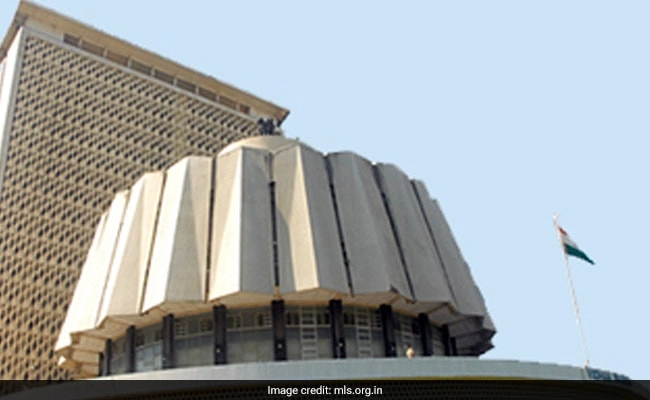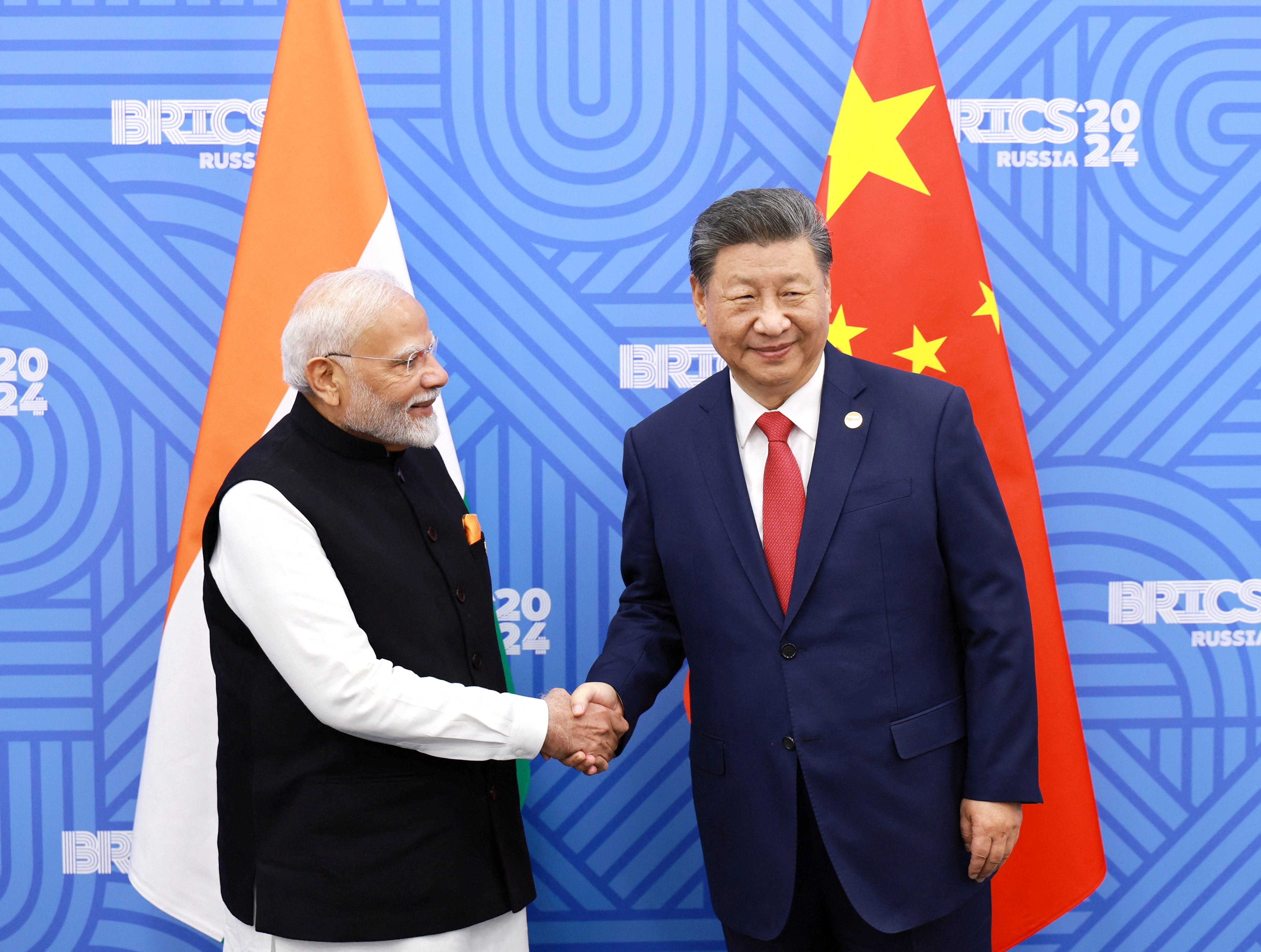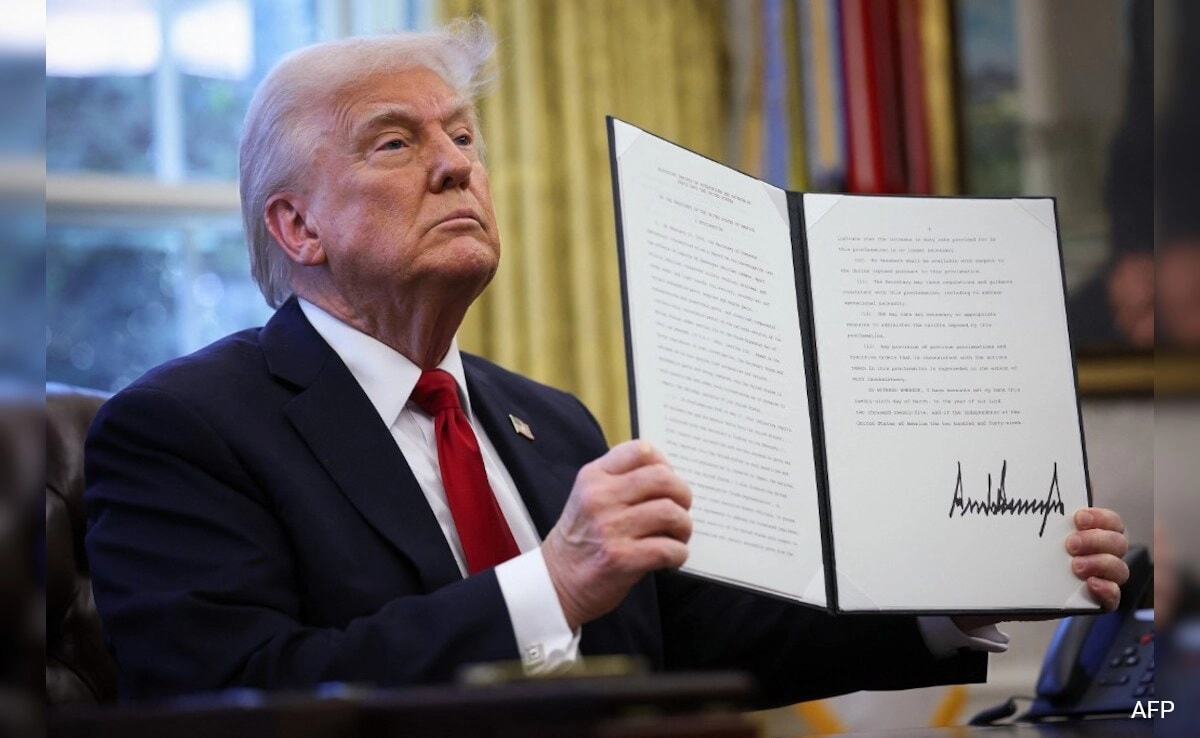The Maharashtra Assembly has passed a significant bill aimed at addressing the issue of “Urban Naxalism,” a term used to describe the alleged infiltration of urban areas by Maoist ideologies and activists. This legislation comes in response to growing concerns regarding the influence of these groups on urban populations, particularly in metropolitan areas where they are perceived to exploit socio-economic disparities. The government’s move to tackle this challenge underscores its commitment to maintaining law and order while safeguarding the interests of citizens against radical ideologies that can destabilize communities.
Supporters of the bill argue that it is a necessary step to counteract the spread of extremist ideologies that threaten public safety and social harmony. Proponents highlight the importance of identifying and dismantling networks that facilitate urban Naxalism, which they claim can lead to violent protests, unrest, and a general undermining of democratic institutions. By implementing this legislation, the Maharashtra government aims to empower law enforcement agencies with the tools they need to address these threats more effectively, thereby promoting a safer environment for all residents.
However, the bill has also faced criticism from various quarters, including civil rights activists and opposition parties. Critics argue that the terminology of “Urban Naxalism” can be misused to target dissenters and suppress legitimate voices advocating for social justice and equality. They express concerns that the bill could infringe upon civil liberties and lead to the stifling of free speech. The debate around the bill highlights the delicate balance that must be struck between ensuring security and upholding democratic values in a diverse society.
As the bill moves forward, it is expected to spark further discussions about the root causes of urban unrest and the role of government in addressing these issues. The Maharashtra Assembly’s decision reflects a broader national conversation about how to manage dissent and dissenting voices in an increasingly polarized political landscape. Overall, this legislative development marks a pivotal moment in Maharashtra’s approach to handling the complexities of urban social movements and the ideologies that underpin them.




